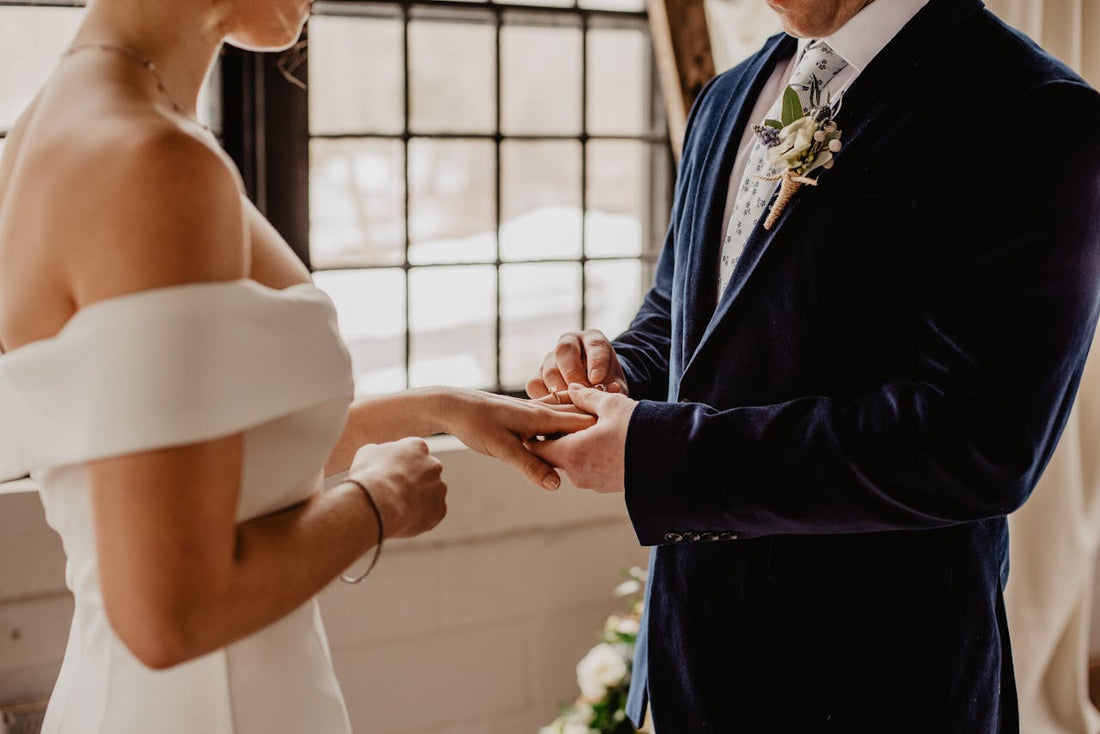
Dutch Nationality Through Marriage: Abroad
Share
If you are married to a Dutch citizen, live outside the Netherlands, and would like to apply for Dutch nationality, please read below. It’s amazing to have the opportunity to obtain Dutch nationality without living in the Netherlands. In most countries, this option is not available. Here is what the applicant needs to consider in order to apply for nationality:
1- Applicant must be 18 years or older.
2- The couple must have been married for at least 3 years.
3- The couple must live in a third country other than their home country. If the couple lives in the applicant’s home country, the applicant cannot apply for Dutch nationality.
4- The applicant must prove their identity and nationality with valid documents.
5- The couple must prove that they have lived together for at least 3 years.
6- The applicant must fulfill the integration requirement. This means the applicant must have passed the civic integration exam at language level A2 or higher. If you are planning to apply for citizenship through naturalization, you will first need to pass the 'A2 Dutch Naturalization Exams - Inburgeringsexamen.' Learn Dutch Now can help with that. Our materials are carefully designed to prepare students for the Inburgeringsexamen. For more information, click here.
7- If the applicant has children under the age of 18 and wishes to include them in the application for naturalization, they can.
8- The applicant must book an appointment and apply for naturalization through the Dutch embassy or consulate in the country where they reside.
9- The applicant must fill out the requested documents provided by the government.
10- You may be required to renounce your current nationality. However there are exemptions to this rule.
11- The applicant must pay the application fees at the consulate or embassy upon signing and submitting the application forms.
12- On the date of the naturalization ceremony, the couple must have a valid residence permit for the country where the applicant submitted the application.
13- The applicant must be willing to make the declaration of solidarity during the naturalization ceremony. The applicant hereby declares that they are aware that the laws of the Kingdom of the Netherlands also apply to them.
14- Applicant’s name may need to be formally established. This means that their first name and last name will be determined together with them. Establishing applicant’s name is mandatory if they do not have a first name or last name. This is true if they have 1 name. Or if they have more names without separation between first names and surname. Applicant will fill in a form which first name and last name (surname, in Dutch geslachtsnaam) they would like.
Important Considerations:
- Marriage, Birth and Good Conduct Certificates:
· They must be written in, or translated into, Dutch, English, French, or German and legalized to be accepted in the Netherlands. "Legalized" means applicant will have to have these certificates attested by the Ministry of Foreign Affairs and then by the Dutch Consulate/Embassy in the country where they were issued.
· If the original certificates are not written in any of the above languages, it’s advisable to legalize the original as well. Means, both original and translated certificates would be legalized.
· Note: In some cases, after translating a certificate, another entity, such as the Ministry of Justice, may need to attest it before proceeding with attestation by the Ministry of Foreign Affairs and the Dutch Consulate/Embassy.
· Good Conduct Certificate: will need to be issued from the country where the applicant resides.
- To prove the applicant and their partner live together:
In addition to the marriage certificate, they will need to include documents such as:
· A tenancy contract. It would be ideal to have both of the partners' names on it.
· Utility bills for the last 3 years.
· Sometimes, the tenancy contract and/or utility bills are in only one name. In this case, the applicant must provide proof that the other partner, whose name is not on these documents, lives at the same address. This can be done by providing delivery notes or receipts that mention the name, address, and date of delivery (e.g., from Amazon, FedEx, etc.).
· The Dutch partner may request that the Dutch Consulate/Embassy issue a letter, such as a proof of residence. This can only be issued for the Dutch partner and is only possible if the Dutch partner’s name is mentioned on the tenancy contract.
· The applicant may request a “proof of residence” letter from their Consulate/Embassy where they live. This could be helpful. Some Consulates/Embassies may not issue such a letter.
· Any flight tickets showing that you traveled together.
· Any official documents where both names and the address are mentioned, such as insurance or government documents, etc.
- Proof of Income:
· The Dutch partner may provide a salary certificate, salary pay slips, and bank statements for the last 3 months. It’s also advisable for the applicant to submit the same documents. If the Dutch partner does not work, the applicant may provide these documents instead.
· If the Dutch partner owns a company in the Netherlands, they can provide the company trade license, proof of income for the last 3 months, along with supporting invoices. It would be beneficial to include tax filings as well.
- Wait for decision on application:
· The IND normally takes a decision within 12 months. This is called the decision period. The decision period begins as soon as the fees for the application have been paid. IND can extend the decision period if it takes longer to decide. For example, because the application is not complete. In that case, the IND will send an email/notification.
Please note that the above information is for guidance only and doesn’t constitute any legal advice. For accurate and more up-to-date information, please visit ind.nl or contact the Dutch Consulate/Embassy abroad.
